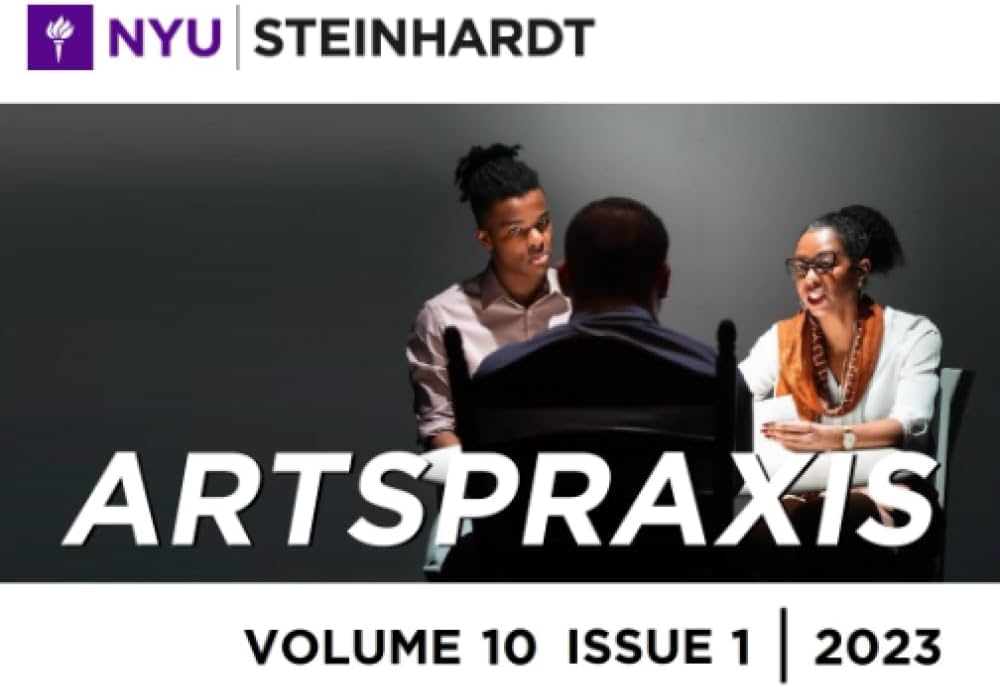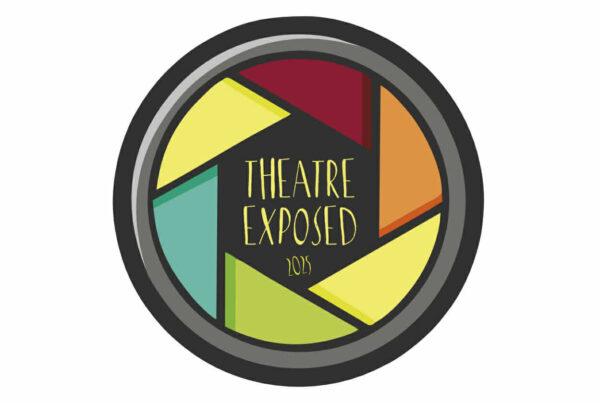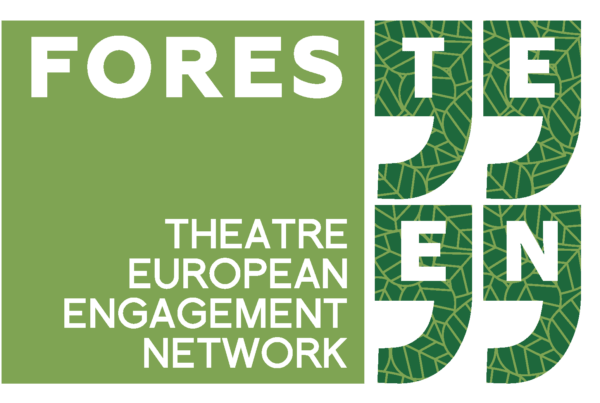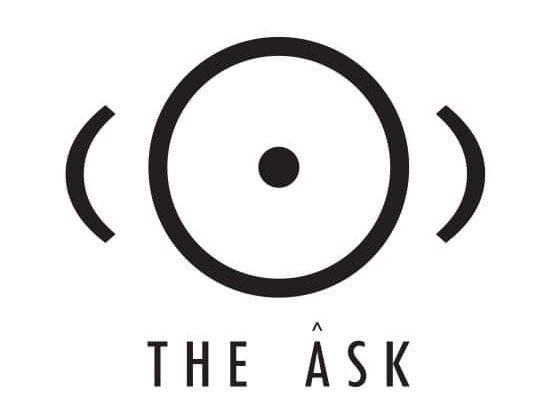ArtsPraxis Volume 11, Issue 1 looks to engage members of the global Educational Theatre community in dialogue around current research and practice. This call for papers is released in anticipation of the publication of ArtsPraxis Volume 10, Issue 2. The submission deadline for Volume 11, Issue 1 is March 1, 2024.
Submissions should fall under one of the following categories:
- Drama in Education (i.e., studies in drama/theatre curriculum, special education, integrated arts, assessment and evaluation)
- Applied Theatre (i.e., studies in community-based theatre, theatre of the oppressed, the teaching artist, diversity and inclusion)
- Theatre for Young Audiences and Play Production (i.e., studies in acting, directing, dramaturgy, playwriting, dramatic literature, theatre technology, arts-based research methodologies)
Call for Papers
Papers should be no longer than 6,000 words, must be accompanied by a 200 word abstract and 100 word biographies for the author(s), and conform to APA style manual.
Key questions the Issue will address include:
Drama in Education
- How and why do we teach drama and theatre in schools and community settings?
- How do the roles and responsibilities of the teaching artist differ from those of the classroom teacher (primary, secondary or higher education)?
- What is the contemporary role of drama and theatre in arts education?
- How do we prepare future theatre artists and educators in the 21st century?
- What are innovative ways of devising original works and/or teaching theatre using various aesthetic forms, media, and/or technology?
- To what extent can the study of global theatre forms impact students’ learning?
- To what extent should we distinguish theatre-making from drama as a learning medium?
- How can integrated-arts curricula facilitate teaching, learning and presenting the craft of theatre?
- How do we assess students’ aesthetic understanding and awareness?
- What research supports the potential of drama as a learning medium?
- How do drama and theatre make connections across curricular content areas and beyond schools?
- How do drama and theatre education contribute to lifelong learning?
- What role do drama and theatre play in community agencies?
Applied Theatre
- How can drama provide a forum to explore ideas?
- What are innovative strategies for using drama to stimulate dialogue, interaction and change?
- How is theatre being used to rehabilitate people in prisons, health facilities, and elsewhere?
- How do we prepare future artists/educators for work in applied theatre?
- What ethical questions should the artist/educator consider in their work?
- In what ways are aesthetics important in applied theatre? How do we negotiate a commitment to both the process and product of applied theatre work?
- How do artist/educators assess participants’ understandings in an applied theatre project?
- What are the major tensions in the field and how are these being addressed?
- To what extent has recent research on affect influenced community-based praxis?
Theatre for Young Audiences/Youth Theatre
- Theatre for young audiences is an international movement and the borders are breaking down so how do we present and respond to work from other countries?
- Who exactly are our new audiences—who are we talking to?
- Are we as brave as we think we are? How does what we think we should do relate to what we want to do as artists?
- Is the writer at the heart of future theatre creation? What has happened to dramaturgy in the brave new world of immersive, experiential, visual/physical theatre?
- Theatre for Young Audiences has always been in the forefront of theatrical innovation. So what is next?
- What have we learned about nurturing the artist of the future– playwriting, theatre-making, performance?
- How do artists establish rigorous, intentional new works development processes that are innovative and sustainable?
- How does accountability serve the stakeholders in a new works development process?
- How do we define and measure success in theatre for young audiences?
We encourage article submissions from interdisciplinary artists, educators, and scholars engaged in work associated with the forum topics. Our goal is to motivate a dialogue among a wide variety of practitioners and researchers that will enrich the development of educational theatre in the coming years.
Dr. Jonathan Jones, New York University
Editor
Editorial Board:
- Amanda Brown, East Carolina University, USA
- Selina Busby, The Royal Central School of Speech and Drama, UK
- Manjima Chatterjee, Shiv Nadar School, India
- Durell Cooper, Cultural Innovation Group, USA
- Rivka Eckert, State University of New York at Potsdam, USA
- Rosalind M. Flynn, The Catholic University of America, USA
- Kelly Freebody, The University of Sydney, Australia
- Anna Glarin, York St John University, UK
- Courtney Grile, Savannah College of Art and Design, USA
- Norifumi Hida, Professional College of Arts and Tourism, Japan
- Byoung-joo Kim, Seoul National University of Education, South Korea
- Gillian McNally, University of Northern Colorado, USA
- David Montgomery, New York University, USA
- Ross Prior, University of Wolverhampton, UK
- Amanda Rutter, The University of Texas Permian Basin, USA
- Sara Schroeter, University of Regina, Canada
- Nkululeko Sibanda, University of Pretoria, South Africa
- Daphnie Sicre, Loyola Marymount University, USA
- Tammie Swopes, New York University, USA
- Amanda Wager, Vancouver Island University, Canada
- James Webb, Davidson College, USA
- Gustave Weltsek, Indiana University Bloomington, USA
- Petronilla Whitfield, Arts University Bournemouth, UK
Reviewing Procedures
Each article will be sent to two peer reviewers. They will provide advice on the following:
- Whether the article should be published with no revisions/with revisions.
- The contribution the article makes to the arts community.
- Specific recommendations to the author about improving the article.
- Other publishing outlets if the article is considered unacceptable.
Papers should be sent to:
Dr. Jonathan Jones –
ArtsPraxis
Include ‘ArtsPraxis Submission’ in the subject line.






